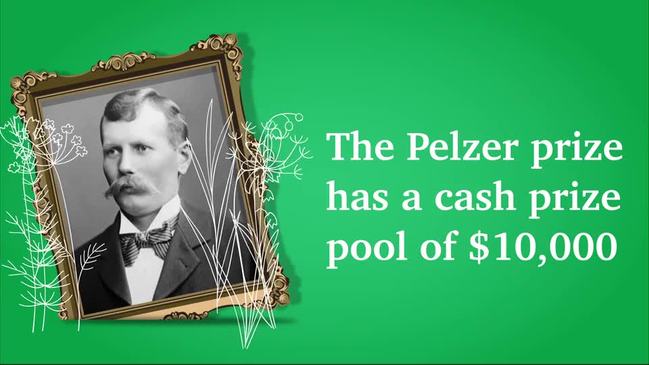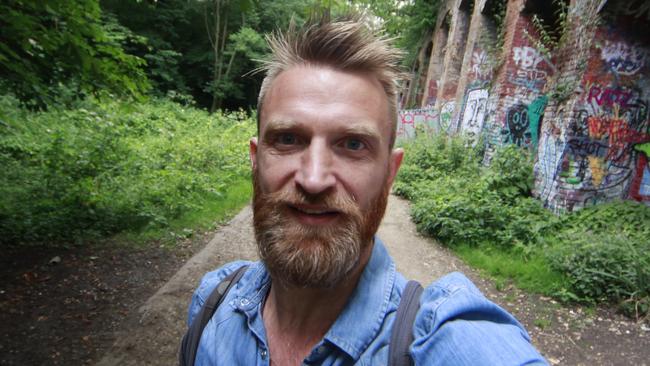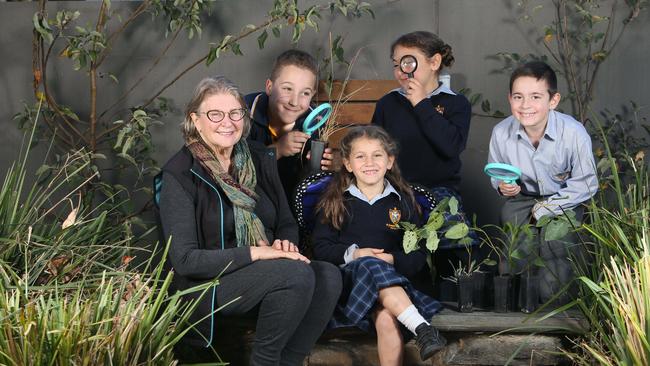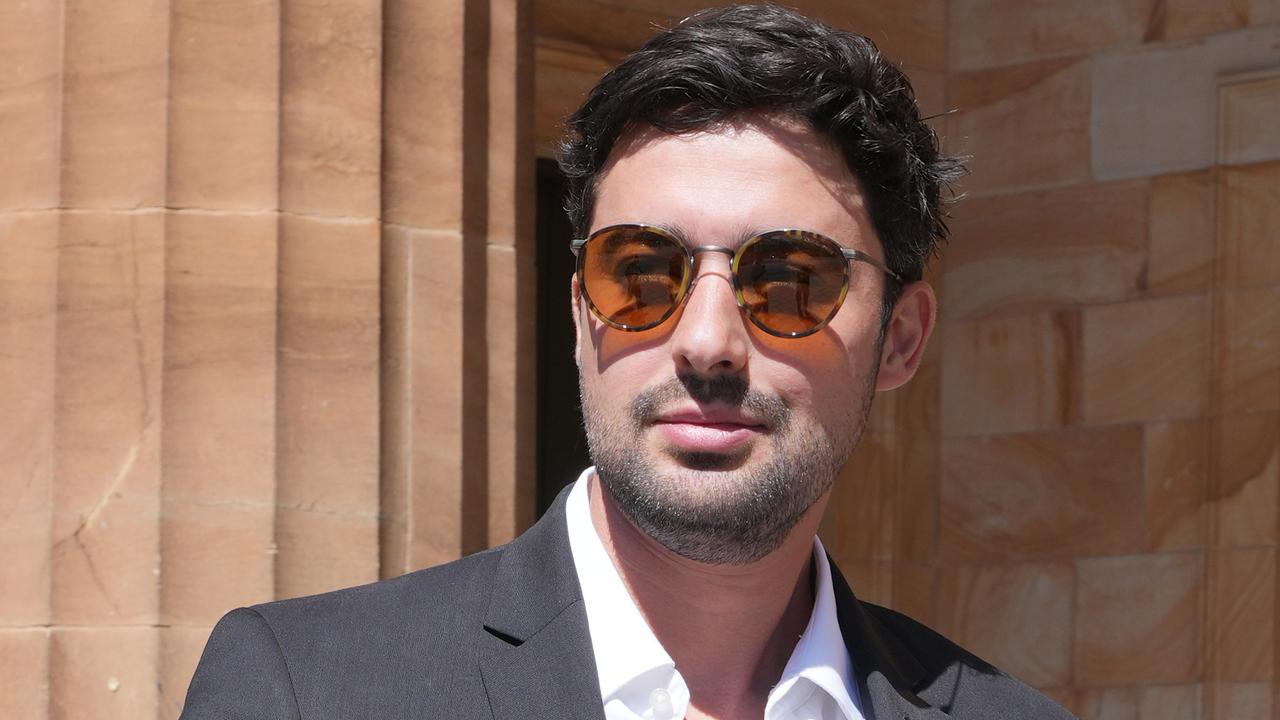Adelaide in box seat for National Park City bid, says founder Daniel Raven-Ellison
A highly coveted green status symbol is within reach for South Australia’s capital – if we can prove the public is on-board with the bid.

SA News
Don't miss out on the headlines from SA News. Followed categories will be added to My News.
Adelaide is on well on track to become the world’s second National Park City behind London, says the founder of the global movement.
Several overseas cities are vying for NPC status, which would encourage nature-based tourism, attract more funding for environmental projects and allow clear branding for the state based on our exceptional natural environment.
Speaking on the eve of the virtual summit, National Park City Week 2021, Daniel Raven-Ellison expressed great confidence in Adelaide’s bid.
“There’s a pipeline of about 25 cities around the world that have campaigns and are now working towards becoming National Park Cities,” he said.
“Some of them are just starting out and some of them are very mature. Glasgow in Scotland isn’t too far behind Adelaide I don’t think, but Adelaide is significantly ahead.”

He attributed that position to both “incredible leadership and an incredible landscape”, drawing on the experience and wisdom of community groups from Kaurna people through to gardeners making the city greener, cooler and wilder.
Green Adelaide, the state government’s approach to landscape management for the Greater Adelaide region, aims to lodge its application for the NPC title by the year’s end.
The National Park City Foundation, based in London, will then decide within weeks if the application meets all five criteria. It is most important to demonstrate public support.
“If that chemistry isn’t quite right then who knows, maybe Glasgow or Galway or some American city will pip you to the post,” Mr Raven-Ellison said. “So far it all looks very promising at the moment but that area around community involvement is absolutely key to success.”
The cities vying for the title include Calgary, Louisville, Manila, Sacramento and Seoul.
Former geography teacher and National Geographic explorer Mr Raven-Ellison said Manila was one of the world’s densest and most urban cities that “desperately wants to be greener”, so it was a very “aspirational” goal that required a long-term vision.
The summit meeting will feature stories from projects such as nature art making in Seoul and mapping habitat in Galway.
In Adelaide, Trees for Life chief executive Natasha Davis will open our series of talks. She sees the bid as an opportunity “to take that connection with nature to the next level, to make us all really realise that we need nature for our survival for our well being”.
“Look, it’s great if it really leads to real change,” she told The Advertiser.
“Not just urban greening, it has to be really integrated with planning and development decisions across the board.”
Environment Minister David Speirs addressed the session “What if we transformed more cities into National Park Cities?” on Wednesday evening.
“The National Park City virtual summit is another opportunity for Adelaide to show off our environmental credentials on a world stage,” Minister Speirs said.
“We have already been recognised as the third most liveable city in the world and if we are recognised as a National Park City this will only further enhance our global reputation.
“Our push to become the world’s second National Park City is being led by Green Adelaide but is receiving significant support from the local community as we look to make Adelaide a greener, healthier and wilder city.”

Community celebrates local environment hero
Bringing butterflies back to the St Josephs School community at Hindmarsh is labour of love for Deirdre Knight of Pennington.
And the community is returning that love in the form of multiple nominations for The Advertiser and Sunday Mail’s $10,000 Pelzer Prize for environment heroes, which is named in honour of Adelaide’s first city gardener. (Nominations close July 30).
Ms Knight of Pennington said she felt “very honoured” and “a little bit embarrassed” to be nominated for the award.
“I just love doing this kind of work, it’s in my bones I think, I can’t stop,” she said.
“People are so keen if you just give them the opportunity, they just flock to it, every age, every culture.
“I have to say that St Josephs is a very multicultural school and so many families, from very different cultural backgrounds, are really getting on board. It’s brilliant.”
She teaches students to propagate plants known to attract butterflies and then hosts neighbourhood planting days, giving away seedlings for families to plant in their own gardens.
“It’s lovely and I just get such a kick out of the children showing their parents how to propagate,” Ms Knight said.
“That’s a real laugh. That’s great. ‘No mum, you don’t do it that way, this is the way you do it. Let me show you.’ Delightful.”
Italica, 8 in Year 2 said gardening is “really, really fun”.
“We are planting so there’s more habitat for butterflies,” she said.
“Monarch butterflies like milkweed, it’s the only plant they lay eggs on.
“We were allowed to take ten plants home to plant at the front of our houses and then put signs up. The signs are pretty important the signs because it lets people know what we’re doing, and they can actually help by doing themselves a favour and doing it as well.”
Nicholas, 10 in Year 4 enjoys his role as a “butterfly ambassador”.
“I’ve been planting once a week,” he said.
“Butterflies are really nice because they’re part of nature.”





